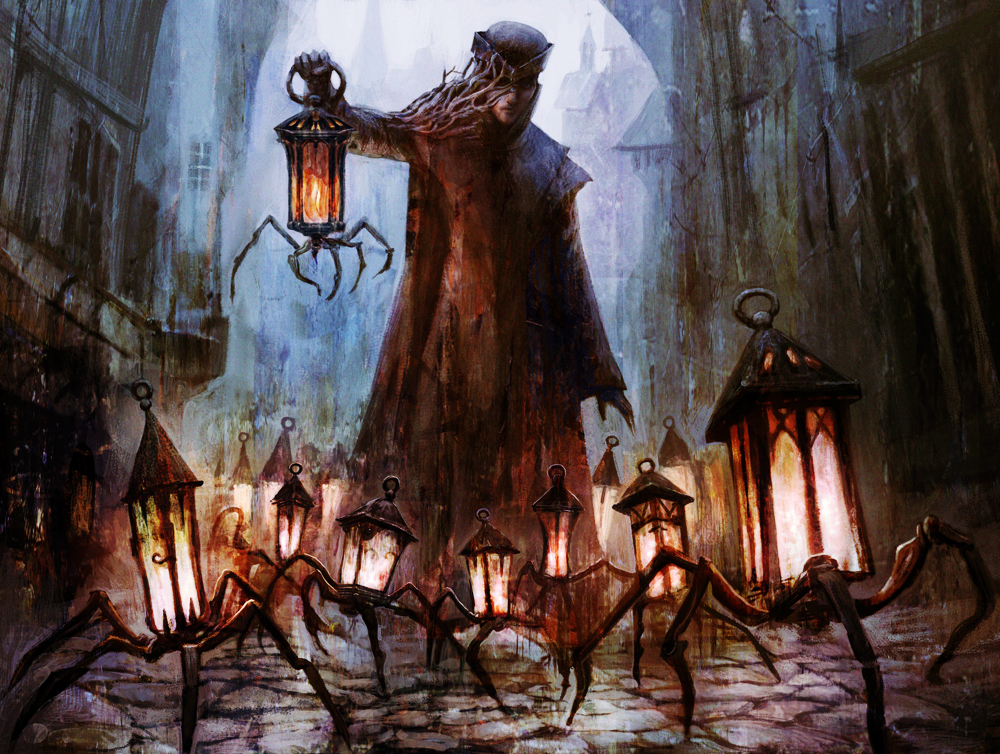Edit: search bar research has shown that some jurisdictions make it very difficult to nullify. I don’t want to doxx my county, but if anyone knows a source for by county jury rules I would be grateful.
It’s for the county. I have no idea what it’s for or anything. Never had to do it before.
As a comrade, there many types of cases where being on the jury are an opportunity for praxis on both the side of nullification and going balls to wall for a conviction depending on whatever the case is.
It’ll be a major pain in the ass given the commute, but I’m lucky in that my employer pays me my full wage for days served on jury. So I really don’t have an excuse outside of avoiding the commute to try and avoid it. Especially since I could have an actual say and impact on something that matters.
I am well aware of how to avoid it, but does anyone have advice on how to get selected if it’s something a comrade should try and get on the jury for m / try and sus out what the case is before deciding whether I should try and get out of it?
I am well aware of how to avoid it, but does anyone have advice on how to get selected
I’ve heard they want the most bog standard, boring, ignorant people. You have significant knowledge of the law? Out. You have strong political opinions that you voice? Very likely out. So don’t appear terribly informed, don’t appear like you’re a progressive champion of justice. Act like you’re open to being fair to either side but not convinced of anything in particular other than the rightness of the rule of law going in, that you’re a blank slate. If it’s like a case about a cop shooting someone they’d for example ask your opinion on police and push out anyone who said ACAB or anything even remotely like that. If it’s about an oil company they’d ask you about energy and the environment and climate change and push out anyone too strongly negative on the industry. You have to appear to be a void, a robot willing to judge the case totally on the facts they give you and entirely according to the law they present to you. Someone without prior strong opinions.
So basically they want

You definitely have to pretend to not know about jury nullification. Don’t ever talk about it in court or with other members of the jury. You can try to persuade other jurors that the specific law that the defendent is accused of having violated is itself an unjust law. But, you cannot talk about jury nullification, which is a not guilty verdict delivered by the entire jury, based on their agreed reasoning that the law in question itself is invalid.
However, if someone reports you to the judge for attempting to persuade the jury to do that, the judge could interrogate you and use their discretion to dismiss you from the jury, declaring a mistrial, and retrying the defendent with a different jury.
You could just simply hold out and insist that the defendent is not guilty, but that will often result in a mistrial if the jury is hung – cannot reach a unanimous decision, which just leads to a retrial also.
I was under the impression that, aside from like confessing murder, you can’t be asked about basically anything said in the juror chambers? Or maybe this is a UK thing.
Correct. Deliberations are secret.
However, if, during deliberations you argue based not on the evidence but solely on your disagreement with the law, other jurors may send a note to the judge stating that a juror is refusing to follow the instructions, and then, outside deliberations, in the courtroom, the judge may interrogate the jury and has the power to dismiss a holdout juror if that juror admits to ignoring the law.
To try to avoid this, one should as a juror only discuss a not guilty verdict from within the framing of reasonable doubt. It’s the better approach to never ever mention the idea or even concept of jury nullification at all ever. Not during jury selection, not during the trial, not during breaks, not during deliberations, and definitely not if speaking to the judge for any reason.
Of course a single holdout juror (or really any non-unanimous decision) will only result in a mistrial which will result in a retrial in which you will certainly not be on the jury.
IANAL
Every time I’ve been summoned I received notification the day before that I have been dismissed.
“Defendant is accused of decapitating their landlord with a medieval broadsword, allegedly after rent was hiked by $300 per month”
Not guilty.
The first rule about nullification is don’t talk about nullification. It will get you and the trial bounced. Here you only get paid for the days you are selected. There’s a pool of people. You have to be available for a couple weeks typically. You have a number assigned to you and you’ll have to call in the night before to see if there is a jury trial set for the next day.
If there are jury trials scheduled then there will be a ‘random’ selection of names called up.
They will the prosecutor and defense attorney will grill you to see if you have biases in the case for or against. Like say you don’t agree with drug laws. Those can get you tossed. Nothing wrong with that. But the grilling might convince the other people.
You will get a folder with a cliffs note of the relevant law the accused broke. You get a pad you can write notes in - USE IT. You won’t remember everything.
ASK QUESTIONS ASAP
You will also get a chance to ask your own questions. After the lawyers are done making their speech if there seems something that is missed or you want to ask of the witness - theres a sheet for that. Give it to the bailiff. The baliff will give the questions to the judge who will then field it with the lawyers to see if its fair game. These questions can be crucial. It is the only time you will get to question the witnesses or accused. So make it count!
A couple of things, first they might just not even select you without an interview. I’m guessing they generate a list of names and just cut it in half because I’ve seen people get notified they got pulled and then never see a word about it again.
Secondly it could be a years long process depending on the case. Make sure you’re really committed to it if you do get selected.
Third, during the selection process, as everyone says here, they’re trying to weed out “radicals”. You’re also under oath during selection meaning lying during it is a crime. The lawyers interviewing you will probably know if you’re being purposely vague or deflecting. They will probably look through any public social media you have too and search for public records or news papers for your name. You can also be removed from the jury by the judge after the trial has started, who will almost certainly listen to the prosecutor if asked to do this.
Fourth, the defendant might have actually done something heinous and I don’t think the US justice system is really justice but letting violent criminals just walk free also is not really justice. Unfortunately you will almost certainly not be involved in sentencing, just determining guilt, so your only say is in whether or not the defendant is punished or not.
If you get through all of that and still want to try to nullify and you can convince the other jurors I wish you the best of luck.
There’s a few websites with more info like Fija.org
You’ll be asked questions by prosecution and defense to see if you’d be an asset or liability to the case they plan to build. Before that, maybe by the judge to determine general impartiality. You may not even be a juror, they call way more people than needed in case people present a hardship or such.
Make sure you check the county website the day before to see if you actually have to show up. I got a summons recently and my juror number was listed as not actually required.
I have a calendar note to make sure I don’t forget. My number is over 100 so I don’t think I’ll actually get it, but I want to be prepared just in case. My county is backwards as fuck and requires a phone call though lol.






